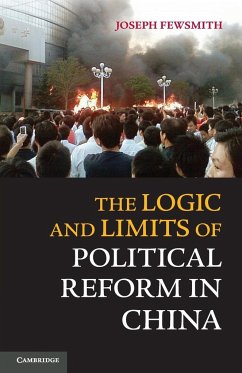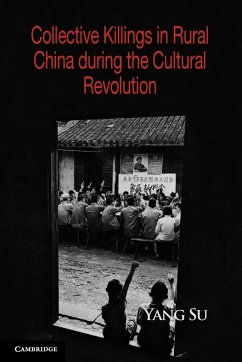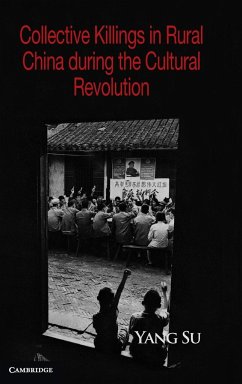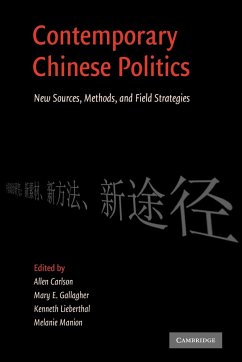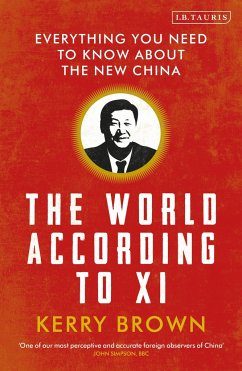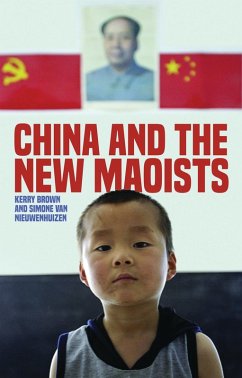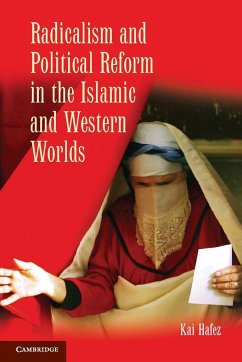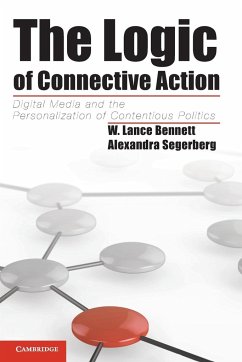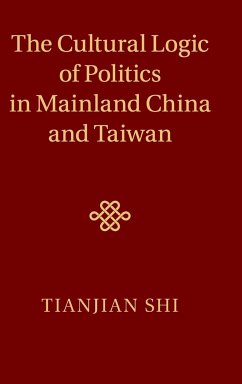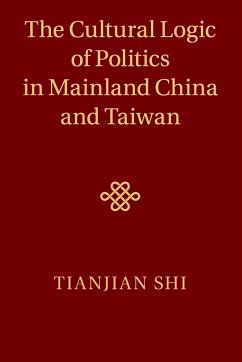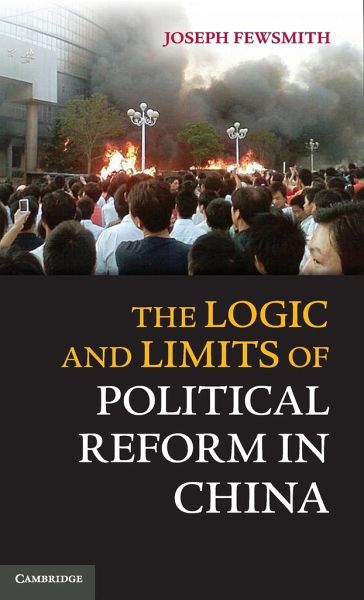
The Logic and Limits of Political Reform in China
Versandkostenfrei!
Versandfertig in 1-2 Wochen
99,99 €
inkl. MwSt.
Weitere Ausgaben:

PAYBACK Punkte
50 °P sammeln!
In the 1990s China embarked on a series of political reforms intended to increase, however modestly, political participation to reduce the abuse of power by local officials. Although there was initial progress, these reforms have largely stalled and, in many cases, gone backward. If there were sufficient incentives to inaugurate reform, why wasn't there enough momentum to continue and deepen them? This book approaches this question by looking at a number of promising reforms, understanding the incentives of officials at different levels, and the way the Chinese Communist Party operates at the ...
In the 1990s China embarked on a series of political reforms intended to increase, however modestly, political participation to reduce the abuse of power by local officials. Although there was initial progress, these reforms have largely stalled and, in many cases, gone backward. If there were sufficient incentives to inaugurate reform, why wasn't there enough momentum to continue and deepen them? This book approaches this question by looking at a number of promising reforms, understanding the incentives of officials at different levels, and the way the Chinese Communist Party operates at the local level. The short answer is that the sort of reforms necessary to make local officials more responsible to the citizens they govern cut too deeply into the organizational structure of the party.





